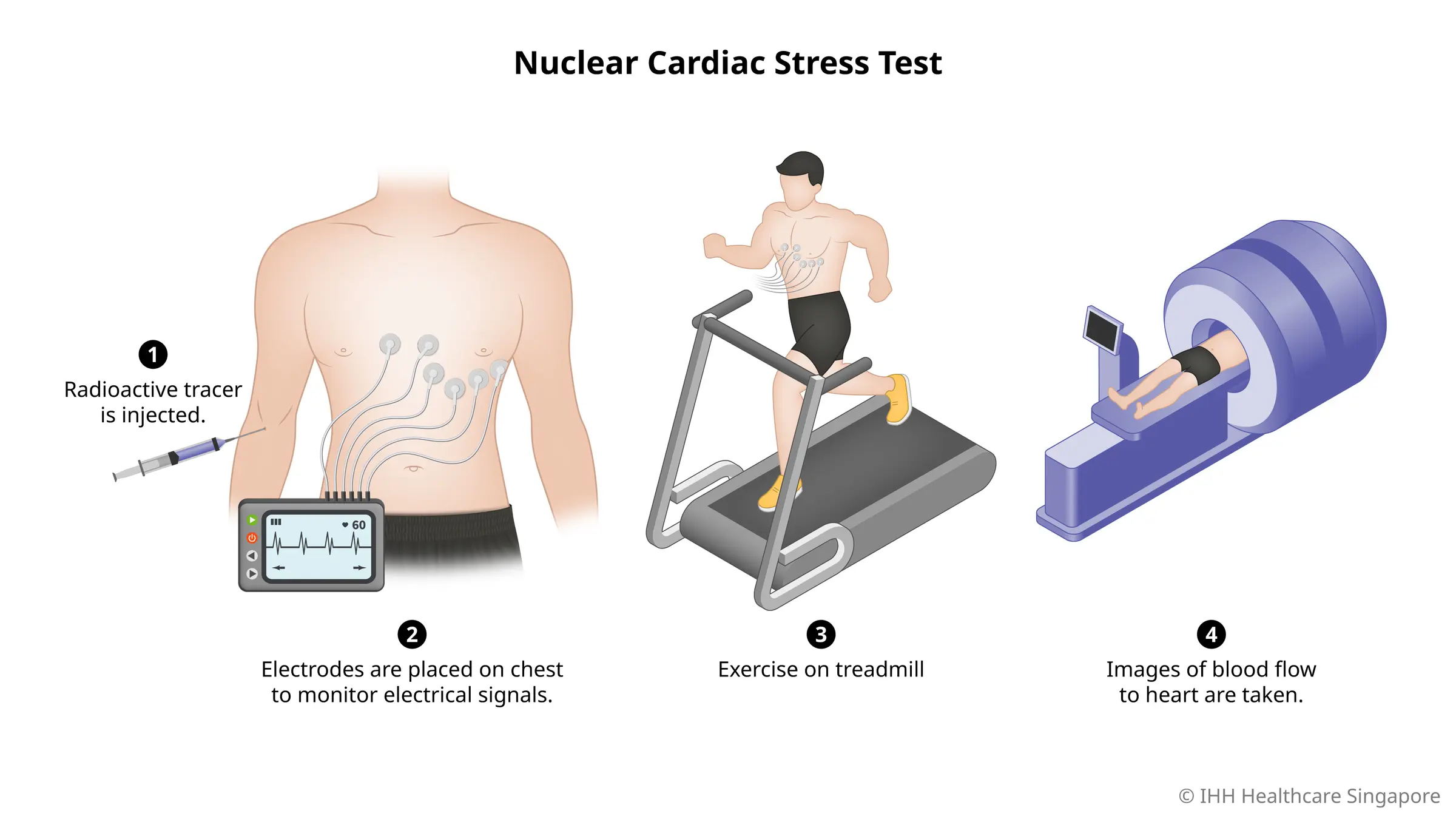Our cardiologists
At Parkway East Hospital, we are mindful that cardiology is a complex expertise and that patients require skilled and attentive care. Our heart specialists will support you throughout the journey as you recover from heart conditions.
^Specialists may qualify to be on the Extended Panel (EP). You may enjoy selected panel benefits depending on your policy and riders.




